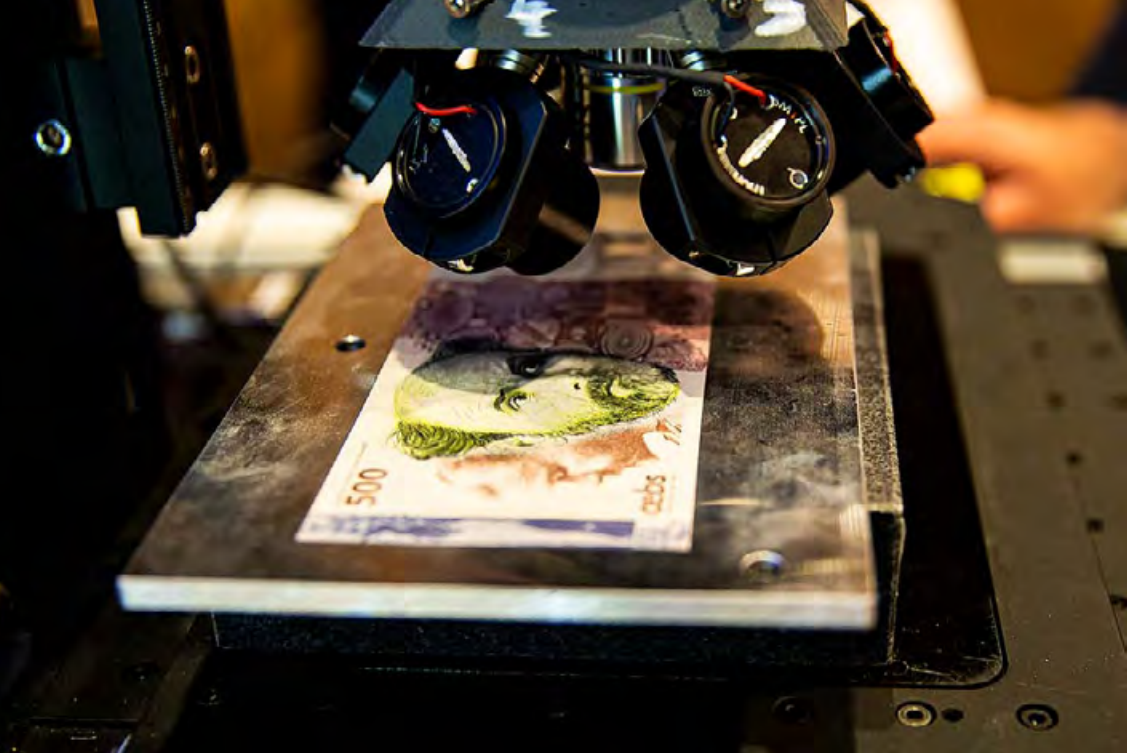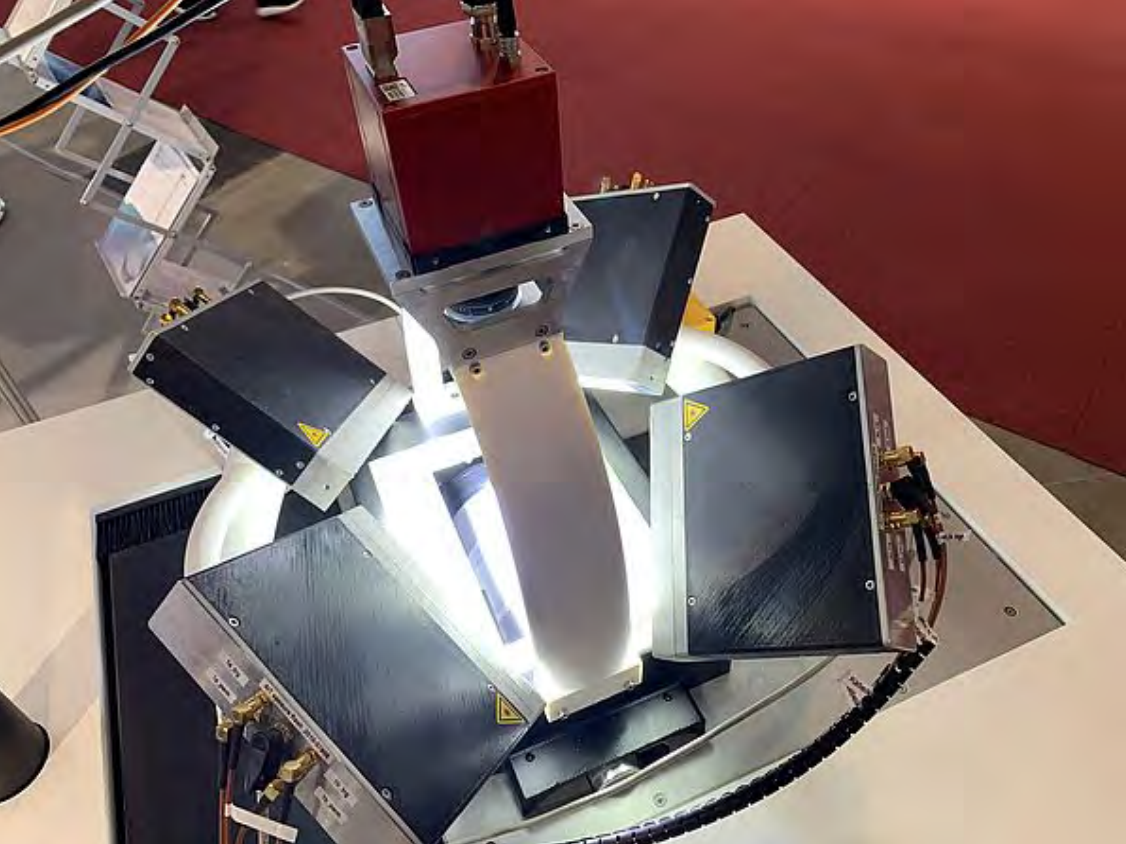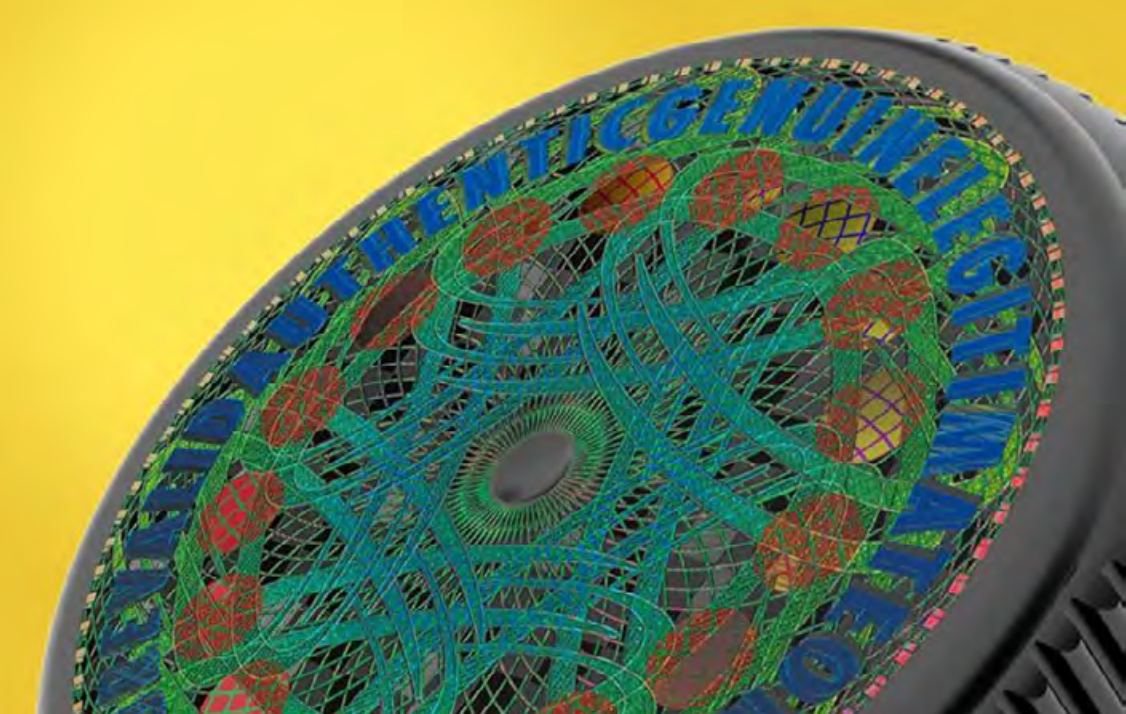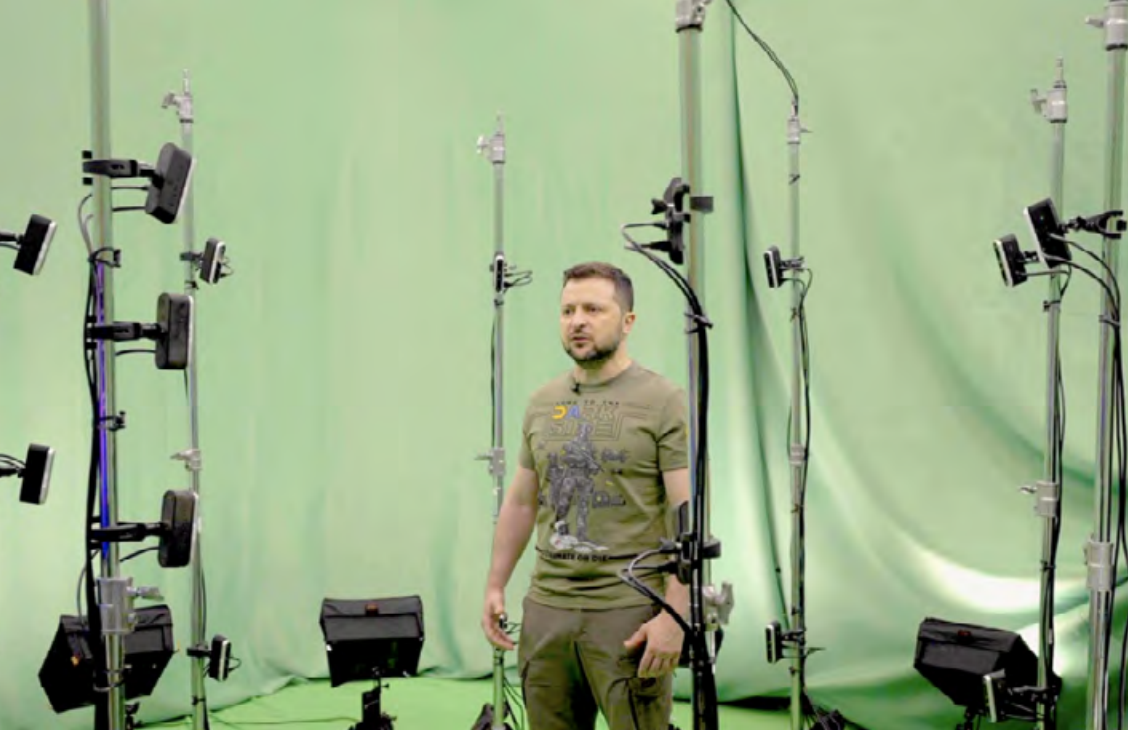



The Austrian Institute of Technology (AIT) is Austria’s largest research and technology organisation and an active member of the international scientific community. It has established itself as a key supplier of surface inspection technologies that allow document inspection with high speed and reliability. The organisation recently presented its latest systems for optical quality inspection at two international conferences.
The first conference attended was, fittingly, at the Hotel Savoyen in the revitalised building of the former Imperial and Royal Court Printing Office in Vienna, at this year’s Optical & Digital Document Security (ODDS) conference. The conference is recognised as the leading international venue for physical, digital and virtual document security including banknotes, passports, ID cards, certificates and stamps.
‘We presented a novel high-speed 3D imaging system perfectly suited for microscopic inline inspection of security features. This innovative approach achieves a depth accuracy of 2µm and a lateral scanning of 700nm/pixel at an acquisition speed of 15mm/s,’ explained Laurin Ginner, who is involved in research on 3D security feature detection using high-speed inline computational microscopy.

The AIT presentation at the Control, the international trade fair for quality assurance, in Stuttgart, Germany focused on the high-speed 3D inspection of demanding surfaces. The research group presented xposure:photometry at the Special Show Contactless Measuring Technology / Fraunhofer-Gesellschaft. The fast 3D surface scanner was developed for reliable surface defect detection of moving objects.
The scanner combines very fast photometric stereo imaging (PS) with a smart camera to highlight even the smallest 3D surface defects despite high inspection speed, and to distinguish them from pseudo defects such as dirt in a process-reliable way.

Australian company Caps & Closures, which designs and manufactures plastic packaging, has launched the ID-Shield holographic labelling and decoration system.
Made at its facility in Dandenong South – (a suburb of Melbourne) – the system prevents the copying of a brand’s product labelling, while adding a unique look to guarantee that consumers will recognise the product as genuine, the company says.
According to Caps & Closures, the labelling solution is fully integrated into the packaging as it is manufactured, with no added materials, adhesives, inks or printing processes. This means ID-Shield offers all manufacturers of food and beverage, health and wellness, and household products a cost-effective, integrated, secure feature that is suitable for small production runs, or scalable up to the largest of volumes.
It integrates on a nanoscale directly onto the surface of a product while retaining 100% material purity. Like the structure of a complex computer chip, ID-Shield’s processed surface reflects light at different angles, resulting in a colour changing image. This process does not compromise the product’s integrity or affect the food contact certification of the material.
 ID-Shield (© Caps & Closures).
ID-Shield (© Caps & Closures).The company says that one of the most appealing features of the technology is the visual impact of the holographic branding system, along with its ease of use – handling, filling, opening and closing performance for packers and consumers are equal to those of non IDShield products.
The company believes that the ‘jewel-effect’ hologram gives brand image designers access to the entire rainbow of colours and holographic effects, all dynamically displayed in their respective logos, marketing messages, or anticounterfeit devices.
The technology supports the sustainability objectives of the 2025 Australian National Packaging Targets. It eliminates potential label contamination in the recycling stream because it is moulded into the surface of the packaging without the addition of any material into the process.
Ukraine’s president Volodymyr Zelensky appeared at several of Europe’s major technology conferences as a hologram. He called upon the technology sector’s support and investment to rebuild his country at the end of Russia’s invasion, by offering access to the country’s top tech minds and services.
 Rig to record Zelensky (© Talesmith Founders Forum).
Rig to record Zelensky (© Talesmith Founders Forum).ARHT Media Inc, a leader in the development, production and distribution of high-quality and low-latency hologram and digital content, beamed Volodymyr Zelensky from an undisclosed location in Ukraine to technology conferences across Europe: Brilliant Minds in Stockholm, The Next Web in Amsterdam, Viva Tech in Paris, Super Return in Berlin, London Tech Week and Founder’s Forum in England.
Volumetric video capture firm Evercoast also worked to turn the Ukrainian president into an avatar which could be viewed on smartphones worldwide with the use of a QR code.